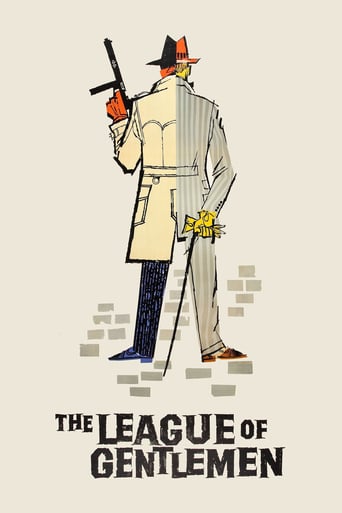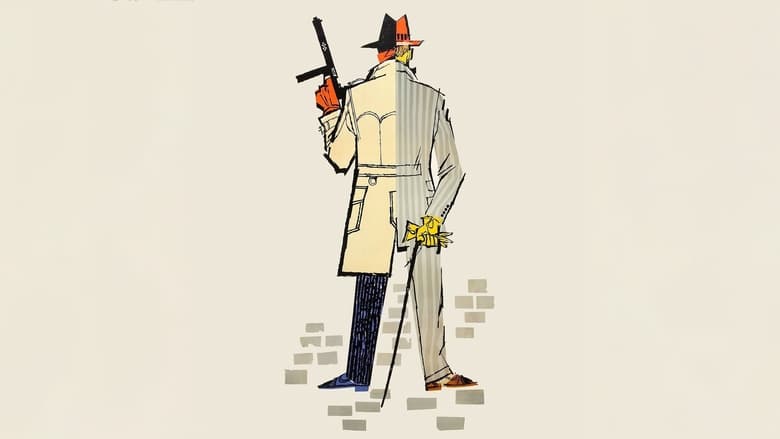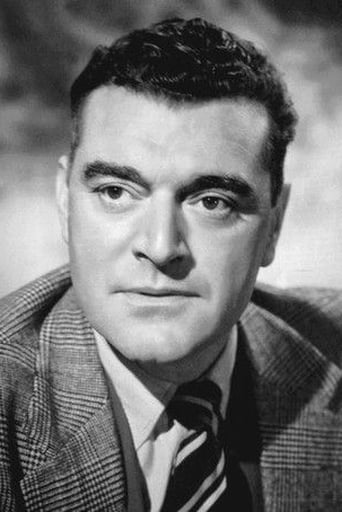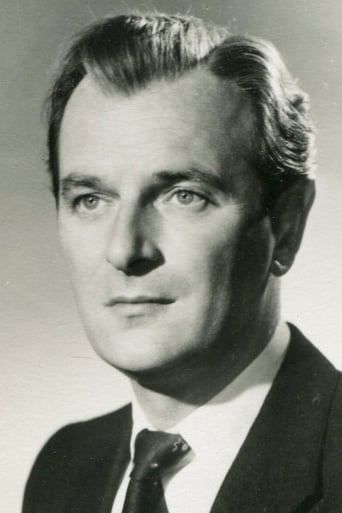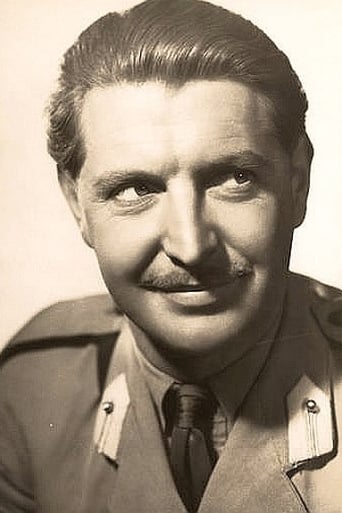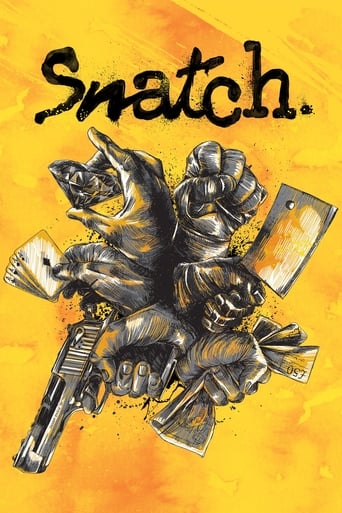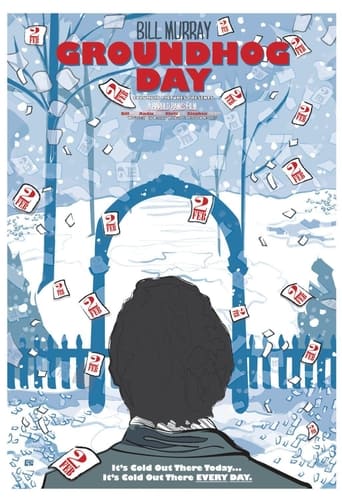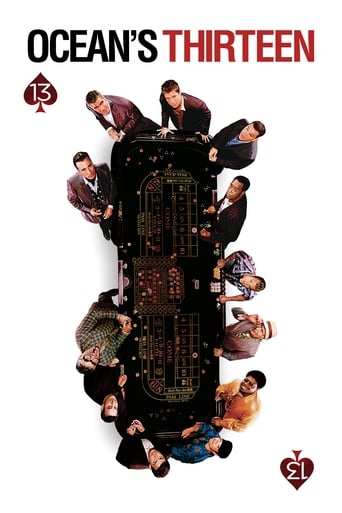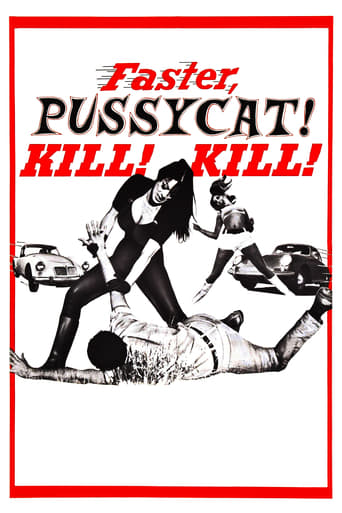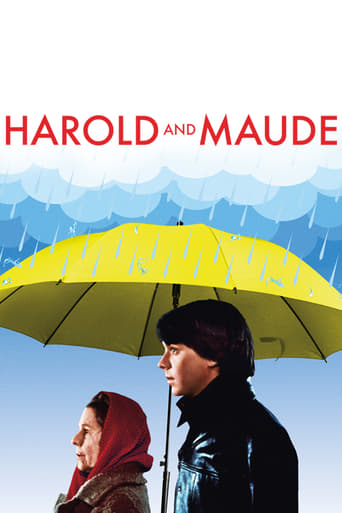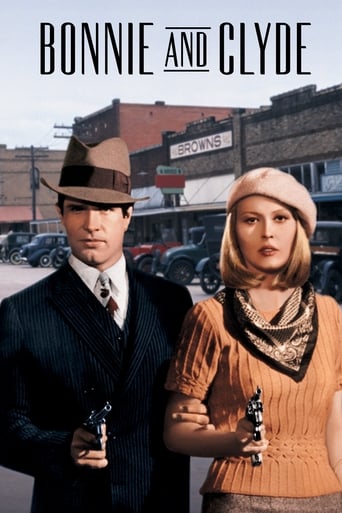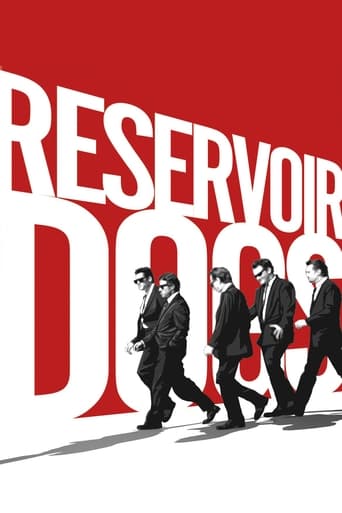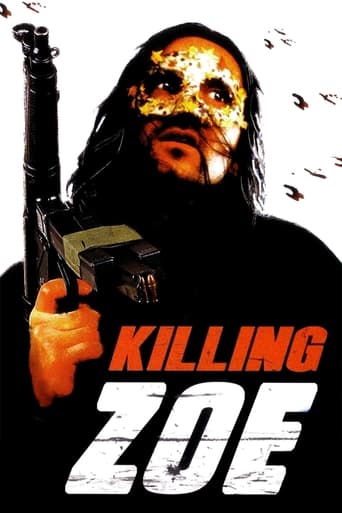The League of Gentlemen (1961)
Involuntarily-retired Colonel Hyde recruits seven other dissatisfied ex-servicemen for a special project. Each of the men has a skeleton in the cupboard, is short of money, and is a service-trained expert in his field. The job is a bank robbery, and military discipline and planning are imposed by Hyde and second-in-command Race on the team, although civilian irritations do start getting in the way.
Watch Trailer
Cast


Similar titles
Reviews
That was an excellent one.
Sadly Over-hyped
Don't listen to the Hype. It's awful
Good films always raise compelling questions, whether the format is fiction or documentary fact.
I first saw this movie fifty years ago. I loved it then and, after seeing it on TCM, love it now. The plot: a disaffected English Army officer recruits other vets to pull off a heist. The Gimmick: They are all ex-officers of His/Her Majesty's armed forces so the caper is pulled off with military planning. Bonus Humor: The lampooning of military life. I suspect that this film greatly amused many a British vet in 1960, just as Ocean's Eleven amused US audiences that same year. Fifteen years after WWII ended, many men were having second thoughts about the value of service and the nature of honor and duty. The men carrying out this caper (and this is a Caper Film, like Topkapi or the Italian Job) are all disaffected, some turned to criminal ways. Jack Hawkins' character is not a criminal, but has just been declared redundant by the British Army and forcibly retired after twenty-five tears of service. Add a failed marriage to that (nicely drawn in a few lines of dialog) and you have a man seeking some kind of satisfaction in his battle with Society, just some kind of recognition that he is more than a non-entity. During the heist, as Hawkins' car rolls down the street, the camera shoots up to show us the buildings belonging to the great English newspapers of the day. Without any direct comment, the camera has revealed some of Hawkins' motivation. This is a tight script (written by Bryan Forbes, the motorcyclist in the League), even at two hours, but all the stuff that wasn't developed is lightly traced in. I think that movie makers could study this work with profit. As slow as some of the action might seem to American audiences now (lots of dialog, few explosions), there is hardly a line or a shot that doesn't serve a purpose. If you enjoy caper movies, this is one of the greats. If you want post-WWII history or a treatise on class system decline, that's here as well. Add in great acting, great script, crisp direction and camera-work, you have a marvelous movie!
Yes they get busted at the end. It's 1960 in England, who were more conservative then France, and maybe even America at this point, when it comes to crime films. Still, a great film for us men to watch, especially veterans who can relate to the camaraderie. I knew from the start they would get busted, somewhere along the line they would get revealed, a kid taking down license plate numbers? Whatever. It could have been a person in the street who recognized something, it's like whatever we all knew they would get busted because ALL films back then demanded that. I'm thinking this film actually brought on some back lash as to how lame crime films were. In about 5 or so years the endings would most likely stay the same but then again, maybe not? The times were changing and you can't fault this film too much for an ending that was demanded of it. 8 of 10, great caper film despite the state demanded ending. BTW, doesn't the Adjunct (XO in America) look like a mid aged Bill Murray? Thats the way I watched it through. Cheers.
Great film. One I'd take to the desert island. It's not only entertaining, it also provides a fascinating glimpse of its era.However I do have a few niggles, some of which constitute definite spoilers so if you haven't seen the film and don't wish to note them, please read no further.At the lunch early in the film Hyde accuses all the assembled Gentlemen of being crooks "of one sort or another". While most of them had certainly been up to no good during their time in the army and been punished accordingly the word "crooks" is hardly appropriate in their later civilian lives. Mycroft certainly and possibly Race and Lexy but Weaver and Porthill seem to be more or less blameless, if in the latter case a bit disreputable, and Rutland-Smith's only crime anywhere seems to have been to have run up some "embarrassing mess bills". Stevens' implied indulgence in homosexual acts, while illegal at the time the film was made, would hardly justify his being labelled a crook even then. I feel that some more convincing criminality could have been devised - perhaps beating up Hyde en masse after he had gone round the table insulting each in turn! To my mind the only real weakness in the film is the way they were caught. There are two reasons for this, one regarding plot and the other structure. Firstly, if I am correct, they were rumbled because the policeman who visited their warehouse recorded, for some unexplained reason, the number of Hyde's car, which the latter later used in the robbery. Its number was then noted by the small boy near the crime scene. Would such a meticulous planner as Hyde really have committed such a faux pas? The stolen car, after all, had its number changed so why not his? Or, preferably, would it not have been better - indeed obvious - not to have used his car at all? Secondly the sudden appearance of the boy, taking car numbers, jarred.It clearly had some relevance, otherwise there was no need to include it, and it indicated fairly clearly that it would somehow lead to the plan's ultimate failure.Something that has always worried me and which has doubtless occurred in real life (certainly in the GTR of 1963) but which the film does not address was the fact that the taking of huge numbers of used notes inevitably led to the group taking their share of the loot in that form. We were not told how much was eventually seized but on the basis of the estimated £million divided by eight it would be £125K each. Nowadays, depending on which inflation index one uses, that would need to be, say, around £2.5 million and would need rather more than one suitcase each (see my later comment on a remake) but even the 1960 amount of physical cash would have posed difficult logistical problems for the robbers. Where to store it in the meantime and then how to deal with it, for instance. Even allowing for client confidentiality, banks and other financial institutions would, knowing that a huge robbery had taken place, be forgiven for raising an eyebrow at sudden appearances of large sums in previously threadbare or non-existent accounts. Few would mind the problem but it would need to be solved.Others have criticised the film for not allowing the crime to succeed though most accept that the moral climate at the time would not have permitted it. I think that that is true but I also think that it was not the only reason. If the film had stopped at the post-heist party with "Oh well, thanks for everything, gentlemen, enjoy the money" THE END, it would hardly have met the need for a strong ending. Really they had to be caught if only for dramatic effect.Finally, I can accept Colonel Hyde grubbing around in the sewers surrounding the bank (sadly, that manhole cover has gone now) in order to check on the subterranean situation but would he really have done so in evening dress and with his Rolls parked over the road advertising his presence? Oh, wait, though. He was very careless with his car numbers, wasn't he? Finally finally! I note the tediously inevitable call for a remake. For heaven's sake why? TLOG ain't perfect but what film is? PLEASE think of that ghastly remake of The Ladykillers and leave well alone.
After the second world war thousands of ex-servicemen,trained to use firearms,well-disciplined,ruthless and fit,found themselves rather unceremoniously made surplus to requirements.Whilst that might have suited the vast majority of conscripts,a significant number of former officers and NCOs who had been career soldiers felt embittered at being discarded - as they saw it - after having served their purpose. These men,quick - thinking,intelligent,resourceful and courageous,found themselves presented with the opportunity of either knuckling down to a life of stifling domesticity in which none of the attributes the army had encouraged and developed would be of any use to them,or the perceived excitement and glamour of a life of crime. It is perhaps not so surprising that a number of major robberies in post-war Britain were carried out by such men . Military Training was turning out to be a bit of a double - edged sword. Mr Jack Hawkins represents the "bad" side as the aptly named Colonel Hyde.He assembles a motley crew of ex - comrades down on their luck whom he coerces to rob a bank. After a lot of initial grumbling they all begin to enjoy the training, reminding them as it does of the army days.Gradually he moulds them into a team where the needs of the group supersede those of the individual. The highlight of the film without doubt is the long sequence where they raid an army base in broad daylight to obtain their weapons. Its depiction of the late 50s military mind is spot on and would have struck a chord with its contemporary audience,many of whom would have spent time in just such an establishment. The bank robbery itself goes off without a hitch,but the team are undone by a schoolboy indulging in the long - forgotten practise of "taking car numbers". "The League of Gentlemen" has a notable cast,the wonderful Mr Nigel Patrick being outstanding;his best role after Mr Jingle in "The Pickwick Papers". The British Cinema was blessed at that time with a positive cornucopia of versatile actors whose faces and voices remain in ones mind nearly half a century on.Mr Hawkins,MrLivesey,Mr Patrick,Mr Moore,Mr Forbes,Mr Attenborough.............I salute you all.A League of Gentlemen indeed.

